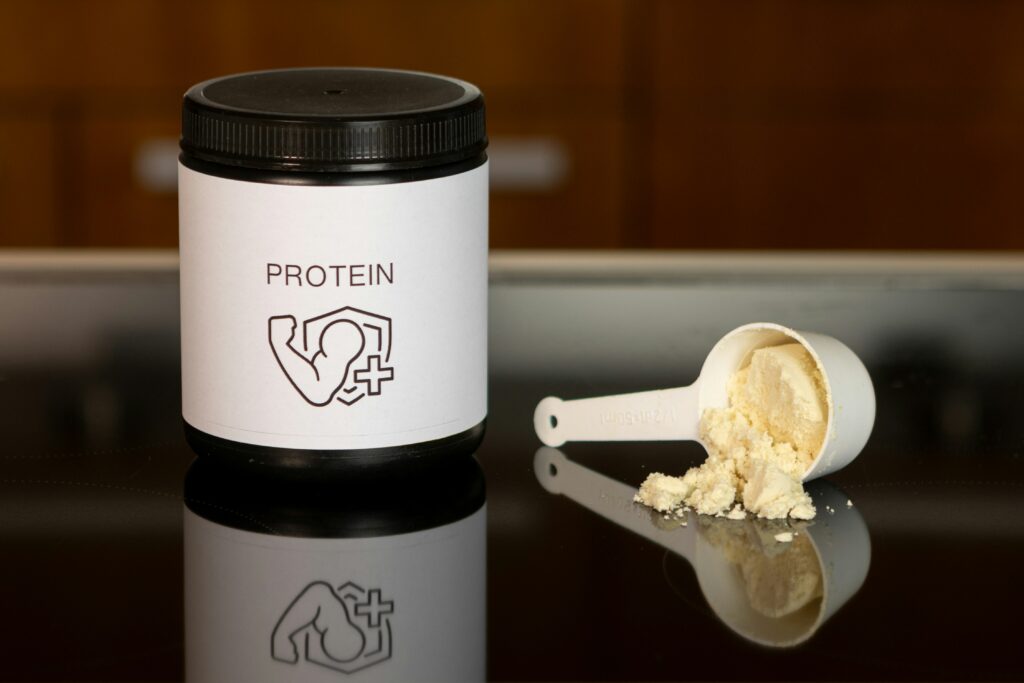After a particularly strenuous workout, individuals often seek relief in a hot bath infused with Epsom salts. While the effectiveness of such a soak remains largely anecdotal, experts agree that it certainly can’t hurt! So what information can you trust about Epsom salts? Let’s talk about what it is and how it theoretically works for muscle recovery.
Epsom Salts Chemical Breakdown
Sodium chloride, the popular condiment found everywhere from one’s kitchen to a baker’s pantry, and even gracing tables at the finest restaurants, answers to the common name of “salt”. The chemical structure of this compound gives it this name. Epsom salt, commonly added to soaking tubs for easing tension and sore muscles, varies significantly from the salt we add to food. Once again, “salt” refers simply to the chemical structure. The “Epsom” part credits the location in England where natural springs produce an abundance of this substance.
While strong scientific evidence supporting its effectiveness seems lacking, many people claim to derive relief from multiple symptoms by soaking in an Epsom salt bath. Magnesium and sulfate comprise the structure of Epsom salt, and it breaks down into these components upon dissolving in water.
“Magnesium is known to increase relaxation, reduce inflammation, and aid in muscle and nerve function,” says Corinne Croce, D.P.T., co-founder of Body Evolved, a boutique physical therapy studio in New York City. “And the sulfate in Epsom salt is said to help with recovery and detoxification.”
Both the Mayo Clinic and the Epsom Salt Council (ESC) recommend adding 2 cups of Epsom salt to a tub of warm water, pouring it directly into the spout as water fills the tub. Too much can give the water a slippery feeling, potentially causing unsuspecting bathers to slip upon entry. A grip mat works well to eliminate this problem. If you have older clients who talk to you about Epsom salt baths, mentioning this fact could thwart a possible hip-breaking incident!
Treating the Mind, Body…and Soul?
The field of integrative medicine aims to treat a patient’s body and mind, capitalizing on the connection as a conduit to overall health. Specialists often recommend Epsom salts to individuals for its dual benefit in both realms. Dr. Naoki Umeda, who works in Cleveland Clinic’s Center for Integrative Medicine, extolls the virtues of this compound. Soaking in a tub infused with Epsom salts for a mere 15 minutes has been shown to ease away migraine headaches by relaxing the muscles around the skull.
Scientific Evidence, or Lack Thereof
The ESC claims that magnesium plays a key role in the effective function of over 300 enzymes in the human body. The Council also states that a majority of Americans unknowingly suffer from magnesium deficiency. Dr. Greg Grosicki, Assistant Professor at Georgia Southern University and Director of its Exercise Physiology lab, notes that a deficiency in magnesium levels often aligns with cramping muscles. However, he too acknowledges the paucity of available research.
Paul Ingraham, the publisher of the web site PainScience.com, writes that his “…search for scientific evidence concerning Epsom salt baths was disappointing. I was unable to find even a single scientific paper studying their effect on body pain. Folk remedies are often generally neglected by researchers.” Bear in mind however, that a lack of proof does not constitute disproof.
Can Epsom Salts Offer Real Results?
Many doctors promote Epsom salt for its ease of use, reasonable price, and minimally invasive mode of delivery. If a warm bath, with or without Epsom salt, helps one relax and de-stress after a challenging session in the gym, that alone may expedite recovery. Can we consider this a placebo effect at work? Perhaps. However, whether factual or anecdotal, no significant harm can come from a nice hot soak.
“I think if you were to sit in a very hot bath and burn a candle that was scented, you might have the same benefit,” said Stacey McConnell, a St. Elizabeth Healthcare physical therapist. “In other words, it is hard to say it is the salt bath, when the hot bath itself and moving your legs and gently stretching in the bath is probably the reason for the relief. The smell of the salts can be relaxing as well.”
The decision rests in your hands. If clients solicit your personal opinion on the virtues of an Epsom salt bath post-workout, you now have information to offer them for consideration of its merits.
References:
https://www.acsh.org/news/2017/09/20/marathon-lessons-novice-does-epsom-salt-work-sore-muscles-11842
https://www.runnersworld.com/health-injuries/a27373479/benefits-of-epsom-salt/
https://www.healthline.com/health/epsom-salt-bath
https://www.webmd.com/a-to-z-guides/epsom-salt-bath#1


